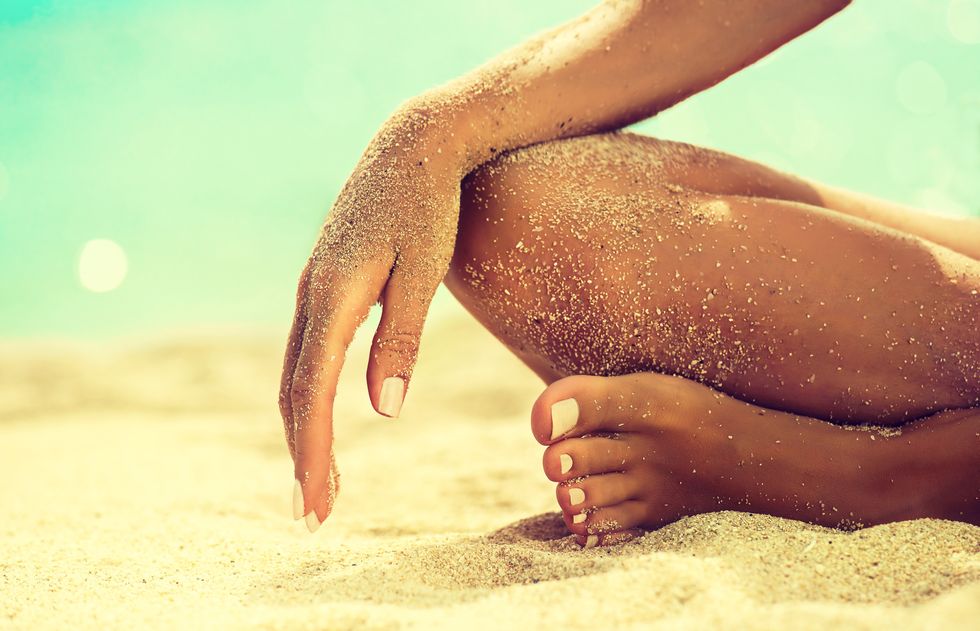
iStock.com/Sofia Zhuravets
Summer Health Myths, Busted
When you head outdoors this summer, you should be aware of some common health myths.
Jun 15, 2018
Dec 20, 2022

Learn about our editorial policies

FRIDAY, June 15, 2018 (HealthDay News) -- It's often said salt water is good for cuts. Or that sunscreen isn't needed on cloudy days.
But both are incorrect, says Isabel Valdez, a physician assistant and instructor of family medicine at Baylor College of Medicine in Houston.
When you head outdoors this summer, you should be aware of some common health myths, she noted.
"Salt water from the beach can actually contain germs or bacteria that can infect an open wound," Valdez said in a college news release. "You should wait until the wound is healed and sealed completely before submerging it in fresh or salt water."
Wash wounds with warm, soapy water. See your doctor if the wound becomes red, sore or warm to touch, Valdez advised.
It's also a myth that you don't need to wear sunscreen when it's cloudy.
"You definitely want to wear sunscreen even when it's cloudy because you are still going to be exposed to some UV rays," Valdez said. "I recommend always wearing an SPF over 30."
Reapply sunscreen throughout the day, especially if you are swimming or sweating, she added.
You probably know you need to drink more fluids in the heat. But don't assume all liquids are equal.
Drinking soda or an alcoholic beverage will not hydrate you. In fact, too much alcohol or caffeine actually can dehydrate you because they are diuretics that cause your body to lose fluids, Valdez explained.
"While you are out at the beach or hanging by the pool, the best way to hydrate yourself is to simply drink water," she said.
Do you believe you can get stomach cramps if you swim too soon after eating?
It's true there's a small risk of getting abdominal cramps or an upset stomach if you vigorously exercise too soon after eating, Valdez said. That's because the food in your stomach needs time to settle. But while it might be uncomfortable, it's not life-threatening, she added.
SOURCE: Baylor College of Medicine, news release, June 11, 2018
Copyright © 2018 HealthDay. All rights reserved.